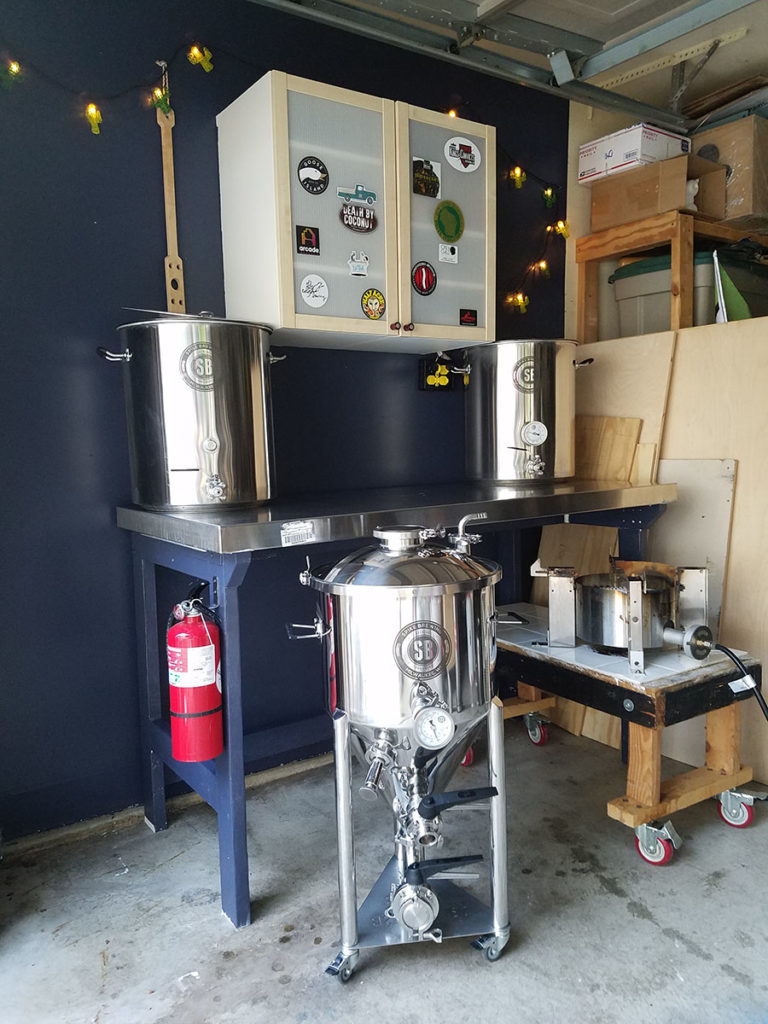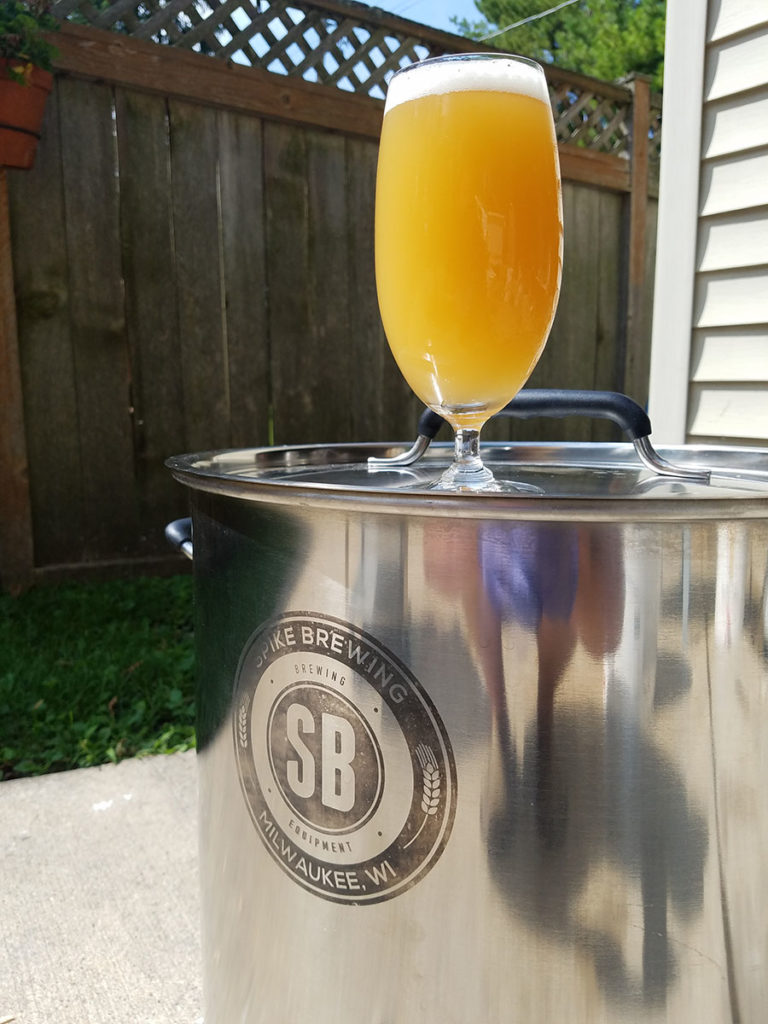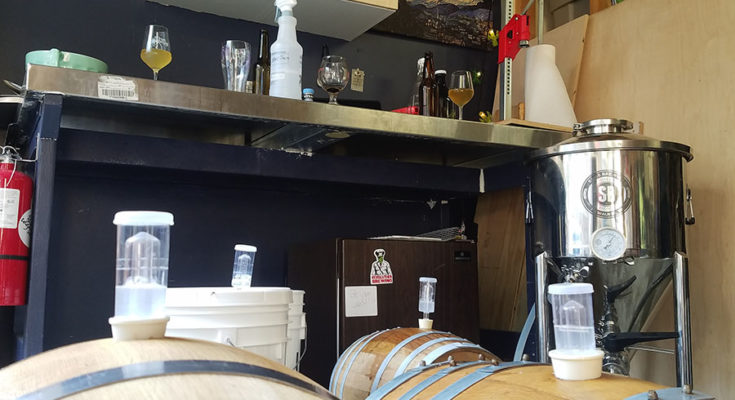Homebrewery Name: Last Fair Deal
How long have you been brewing? 2 years
What is your typical batch size (gallons)? 10
All Grain or Extract: All Grain
How long have you been all grain brewing?1.5 years
What type of water do you use? Tap Water
Do you make any water adjustments? How do you calculate them? Mostly just adjusting the pH. We’ve tried using gypsum a few times. No calculations done really. Use pH meter to measure.
Mash Process: Mostly Single Infusion and occasionally multiple temperature rests
Explain method for mash temp control & measurement: I use a long temp probe with an instant thermometer. Depending on the amount of grains and water we adjust what the strike temp will be.
pH – When/How do you measure and adjust? First thing, before adding the grains. Measure with a pH meter and adjust with citric acid until it’s between 5.2 -5.8
Sparge: Fly / Continuous Sparge
Recipe and Equipment

Do you make your own recipes? Do you use any brewing software/tools? Yes. BeerSmith.
Describe your equipment and setup:
Use two Spike 15gl kettles. One as a mash tun with a false bottom. Use them on a Blichmann Hellfire and a stainless steel coil for cooling. No pumps all done via gravity or pouring.
Boiling : Do you use hop bags, screens, filters, spiders? Typical boil time?
Ian: I use hop bags most of the time unless it’s a recipe with minimal amounts of hops. Boils will take 1.5 to 2 hours.
Thomas: 90 minutes, no filters or screens
What is your MVP piece of equipment, technique or trick to make your brew day easier, faster or most impacted your beer quality?
Ian: The Spike mash tun makes the whole process a breeze. And gets a very good efficient. Also my large metal spoon named Spoony.
Thomas: Spike mash tun holds its temp very well, and we seem to get a great efficiency
Fermentation
What do you ferment in?
Glass Carboy, Spiedel, Stainless steel (conical)
What is your method of fermentation temp control?
Electric blankets or heating band
Do you use secondary fermentation vessel?
Sometimes. Only when adding fruit / dry hop / spice or other secondary additives
Personal History
How long have you been a member of NUBS?
Since November 2017
How did you find out about the club?
From Perfect Brewing and Learn to Homebrew Day
What is your favorite style to brew, any styles you wouldn’t brew?
Stouts and sours; hardly ever make lagers
Have you ever had to dump a batch? If so, what happened?
Ian: Yes, tried making a sour beer with yeast samples from a bottle of beer we brewed that turned out well. Some mutations happened and it just made a beer that tasted like vinegar and apple cider. Ina bad way.
Thomas: Dumped a 10 gal batch of a sour, just had a mind of its own
What was the biggest mishap you ever encountered when brewing? (bottle bombs, broken equipment, big messes, etc.)
Mislabeled buckets one time and dryhopped a sour beer that had been fermenting for months. The beer wasn’t quite sour yet and the hops stopped the bacteria. Bottled it anyway just to see how it turned out but ended dumping the bottles.
What has been your biggest challenge as a homebrewer?
Carbonation. Lately it’s been getting bottle conditioned beers to carbonate properly.
What has been your biggest success as a homebrewer?
Ian: That generally each beer I make I had been better than he last.
Thomas: Sours and stouts!
What is your favorite part of brewing your own beer?
Ian: Getting to drink it of course.
Thomas: The freedom to get creative.
Do you have any other stories, facts, tips, or information about yourself you would like to share with the club?
Ian: I Want to make beers that I want to drink. I’m not picky on following guidelines of a style or anything. Ideas for a beer can change even while it’s fermentig and it can take a turn and go somewhere else.
Thomas: I would suggest using the canning line at perfect brew!



One Comment on “Brewer Profile: Ian Haliburton & Thomas Peiffer”
Comments are closed.